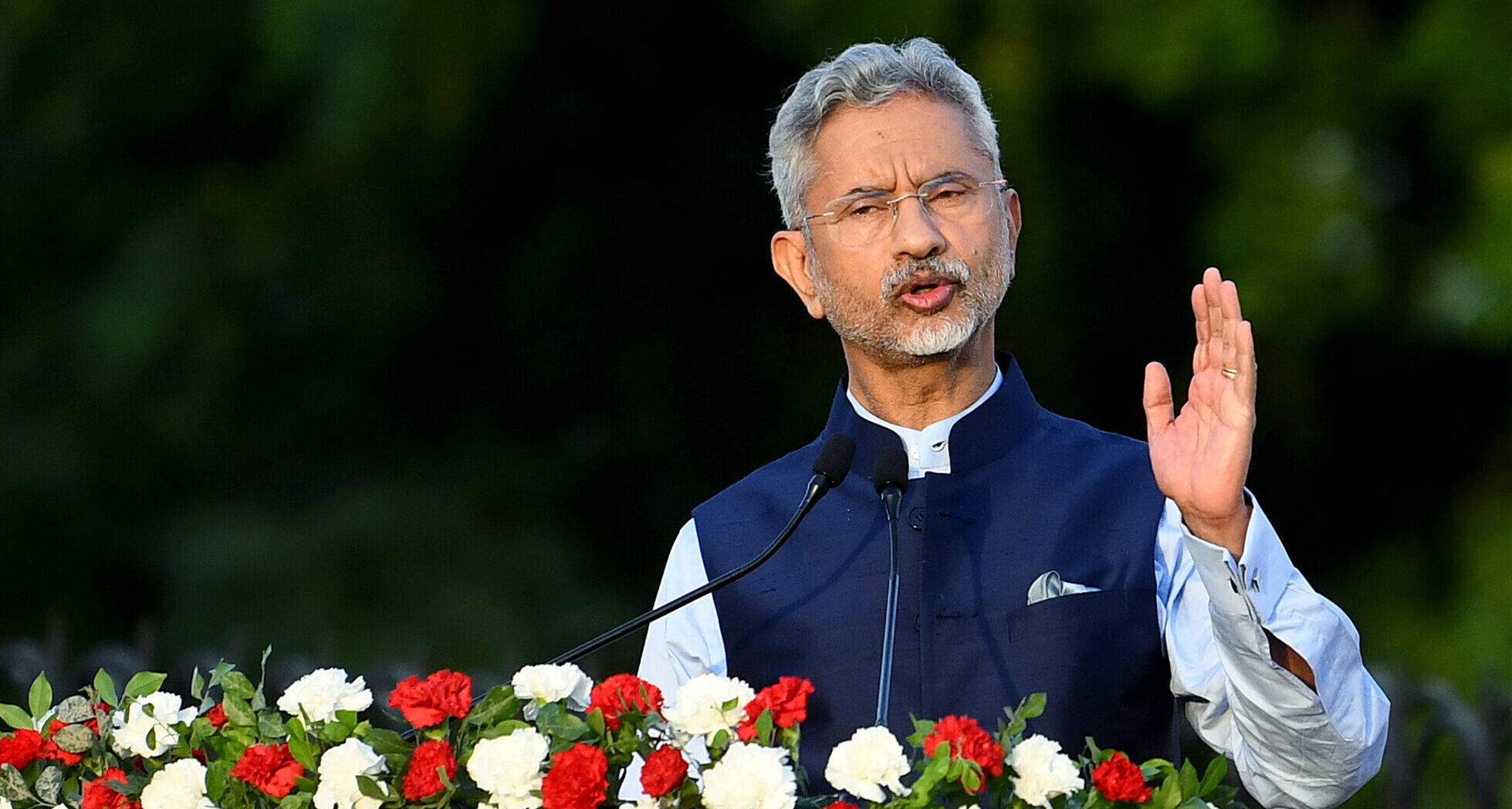
India’s semiconductor mission goes beyond meeting domestic needs, as External Affairs Minister S Jaishankar highlighted its broader objective of contributing to the global demand for trusted manufacturing. Speaking at the SemiconIndia Conference 2023 in Gujarat’s Gandhinagar, Jaishankar addressed top executives from global semiconductor firms, stressing that their decisions and relationships carry far-reaching implications, impacting the global economy’s re-engineering.
In recent months, India has been actively seeking leading semiconductor producers to establish manufacturing facilities within its borders, driven by the changing geopolitical landscape and a growing focus on ensuring resilient supply chains worldwide. Jaishankar emphasised the importance of trust and transparency in the digital domain, particularly as questions surrounding data processing and ownership gain significance in the era of artificial intelligence. To foster such trust, India has solidified cooperation agreements with major players like Japan and the United States. He noted that India and Japan recently finalised a pact on cooperation within the semiconductor supply chain, while a similar agreement was reached with the US earlier in March. Furthermore, India’s partnership with the US extends to areas such as 5G, advanced telecommunications, space exploration (Artemis Accords), quantum coordination, and critical minerals investment.
The minister highlighted how CET (Critical and Emerging Technologies) has become a critical metric of power in the global context. The “chip war,” though somewhat overstated, carries a kernel of truth, as countries assess market shares, production dominance, resources, skills, and talent pools in this rapidly evolving landscape.
Jaishankar urged political democracies, pluralistic societies, and market economies to collaborate effectively to address concerns related to privacy and security. As export controls are re-emerging in response to strategic economic assertions, he emphasised the need to balance “how” to conduct business with “where” and “with whom” to do it.
In conclusion, India’s semiconductor mission stands as a powerful case for the “Make in India” initiative, driven not just by domestic requirements but also the aspiration to contribute to trusted manufacturing for the world.















